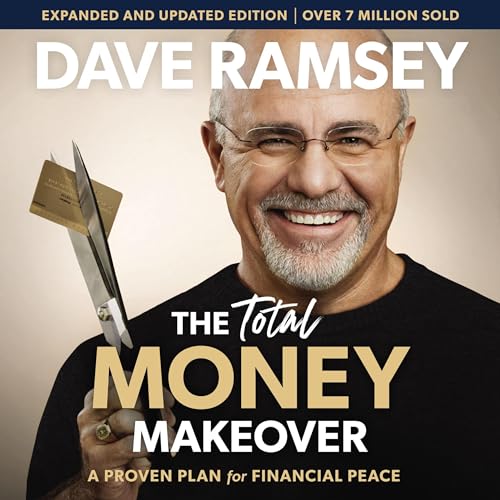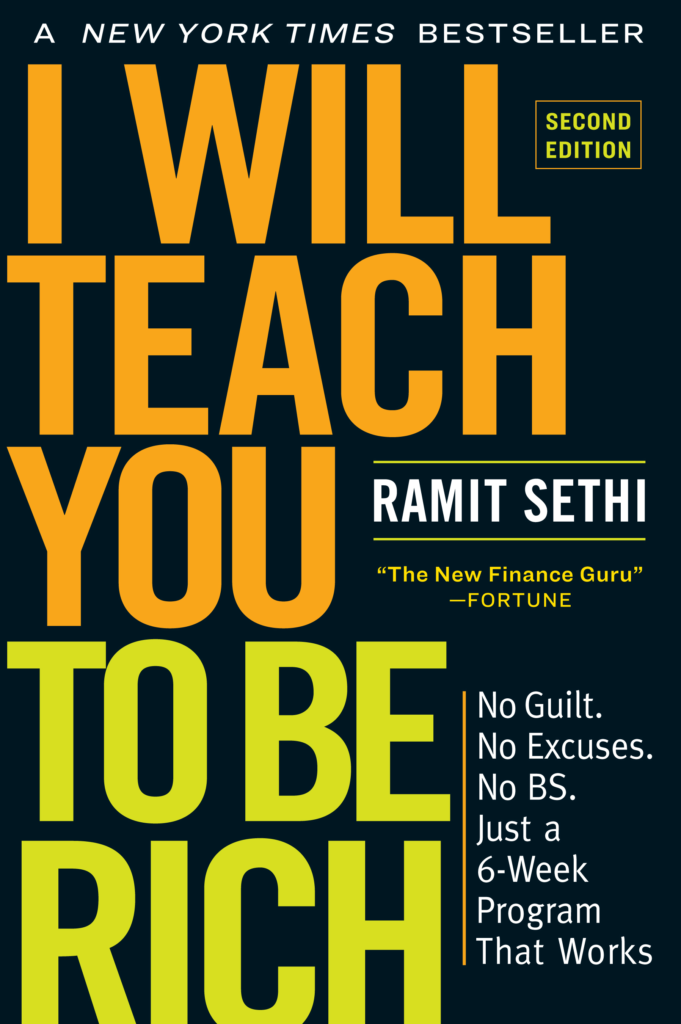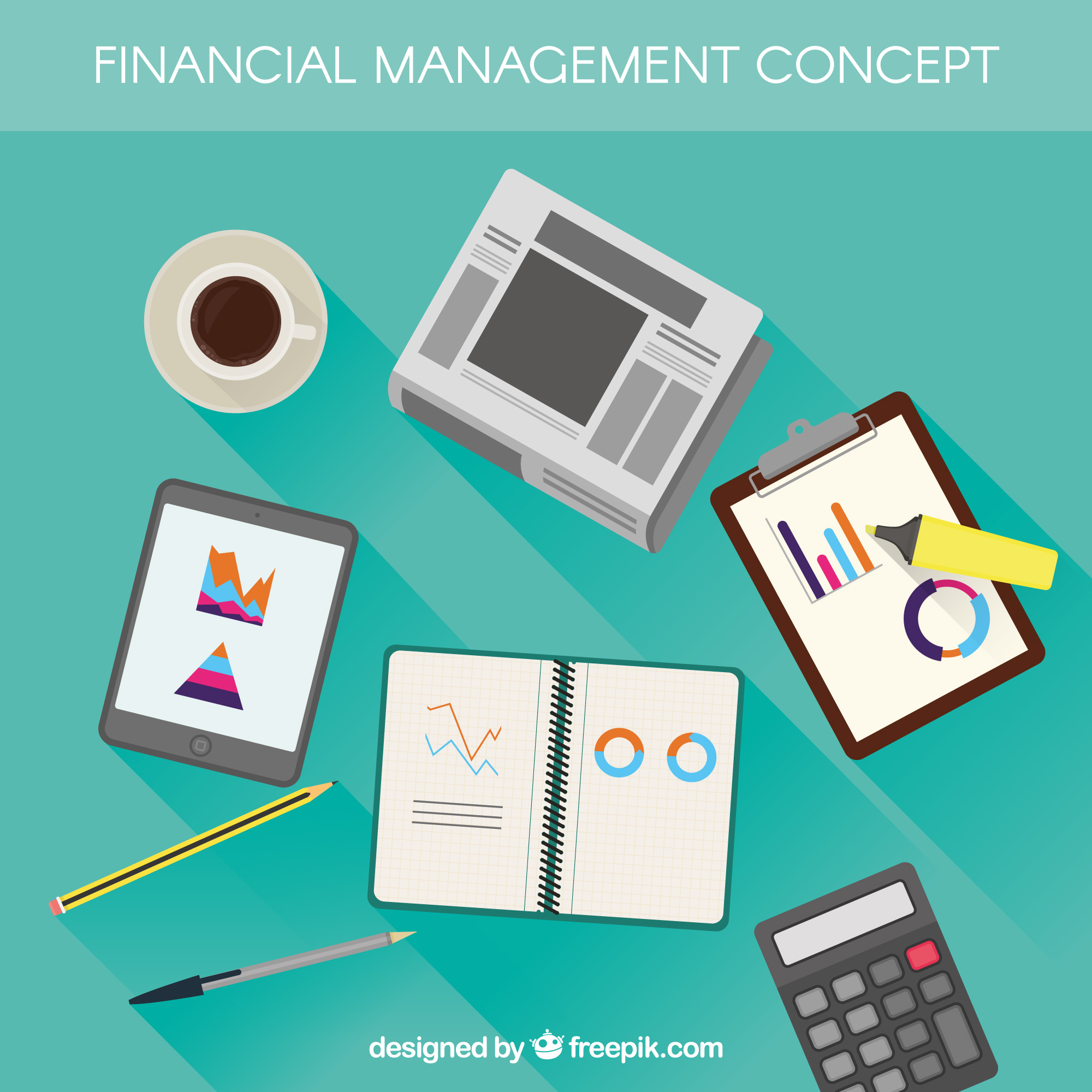Introduction:
Top 5 Personal Finance Books. Financial futures should be the most important aspect of young adults. The early control of your financial future can help you to become successful in life. For young adults, it is a major personal finance factor to understand money investing, and student loan management, and to understand the working of money is a key to success in life.
In this blog, we will describe some top personal finance books that give clear and actionable advice on every point of personal life like starting a small business or investing money, if you give your time to these books these books can give you the most efficient information.
1. Why Young Adults Should Focus On Personal Finance Books:
- The Power Of Time:
One of the most significant advantages that young individuals have is time. Personal Finance Books Gives Compound interest, which enables your money to grow rapidly over time, and benefits you more if you start investing early on. Compound interest works by earning returns not just on the first investment but also on future returns.
For example, by investing in your twenties, even little contributions can result in major wealth by age. Stopping your financial journey means missing out on years of progress, which might have major implications for your financial future.
- Building Financial Habits:
Personal Finance Books Helps Long-term prosperity the early start of healthy financial habits. Making budgeting a habit can help you avoid common financial mistakes and develop a strong financial foundation.
If young adults learn to live within their means, value saving, and make sensible financial decisions, they will be more likely to manage unexpected costs, collect money, and stay on track for long-term objectives.
- Rising Demand for Financial Education:
The basic money skills necessary to make real-life financial decisions are not taught at schools as much, and so most teens graduate without knowing the first thing about personal money matters.
Personal Finance Books teach you about Student loans and credit scores, which young adults often have to figure out on their own. This apparent lack of education identifies the ideal for personal learning. Financial education helps young adults make smart money decisions and stay ready for a financially secure future. According To A Report, only 4% Americans Read Personal Finance Books.
Read More: 8 Money Management Tips For Young Adults: Achieving Financial Freedom
2. Top Personal Finance Books for Young Adults:
Several top personal finance books can help young students achieve their goals smartly.
1. “Rich Dad Poor Dad ” by Robert T. Kiyosaki:
Key Lessons:
Rich Dad Poor Dad — A seminal book in the world of personal finance, RDPD will teach you about assets and liabilities and how to differentiate between what makes (or breaks!) wealth.
“It’s not how much money you make, but how much money you keep, how hard it works for you, and how many generations you keep it for.”
Robert Kiyosaki
One of the other key emphasis is on Financial Education and he encourages people to learn more about managing money and investing their money. The book teaches the importance of having multiple income streams, whether it be through investing, entrepreneurship, or real estate to become financially independent.
Best For Young Adults:
This is especially important for those in early adulthood because he breaks down complicated financial concepts so that anyone who has little knowledge or experience can begin to learn.
And perspective-wise, Kiyosaki masterfully tells a story (between the financial mindset of his 2 “dads”) that shifts one into a wealth-building state. It compels readers to move beyond the standard career circumstances and focus on entrepreneurship, investing, and financial responsibility. Rich Dad Poor Dad taps into the millions of Americans today who are striving to reposition themselves in a new relationship with money for a sustainable future — financially.
2. “The Total Money Makeover” by Dave Ramsey:

Key Lessons:
The Total Money Makeover offers advice on how to gain control over your money, in a simple step-by-step guide. It emphasizes how to budget, be debt-free, and make an emergency fund.
Ramsey then lays out his well-known “Baby Steps,” which start with paying off debt using a method he calls the debt snowball — starting with smaller debts and ‘snowballing’ your payments (and energy) as you pay them down—then working towards three to six months of expenses saved up in an emergency fund.
You can get a plan for financial stability — a certain way out of living paycheck to paycheck, but you can never escape it just by working long hours while being chained to some form of consumer debt to live beyond your means.
Why It’s Great For Young Adults:
Many Nations, One Prayer Millions of young adults who are setting out on their financial journey would greatly benefit from Dave Ramsey’s advice (especially if they are having difficulty paying off student loans or credit card debt) as presented in “The Total Money Makeover”.
Even if your financial situation feels a bit hopeless, this book is filled with practical step-by-step advice that makes it doable for anyone willing to try. Ramsey is dedicated to a no-nonsense approach to help you take back control of your money, get out of debt (once and for all), and create a financial plan for the future. This book gives a structured plan for young adults to be frugal and financially secure.
3. “I Will Teach You to Be Rich” by Ramit Sethi:

Key lessons:
The title of I Will Teach You to Be Rich says it all — money, with minimal work so you can spend time enjoying it! Sethi, meanwhile, is all about automation — establishing mechanisms for money to go into savings and investments and out to pay bills without needing steady hands on the wheel.
He also offers simple guidance to investing wisely — stick with low-cost index funds and keep a long-term view of growth. Living a “Rich Life” — The book is incredibly unique in it’s take on the idea of being frugal PLUS rich (you should spend lavishly where you value, but never keep yourself from cutting back on the areas that don’t matter to you).
Why You Should Read It:
Young graduates find common ground in the new-age, non-judgmental attitude that Sethi applies to handling their money without sacrificing all pleasure. Instead of being all about saving / budgeting, he discusses balance — loving your money so that you can have fun at the same time as mastery over it.
Using a no-nonsense approach and combining practical strategies with a flexible mindset, this book from Sethi (I Will Teach You to be Rich) is good for young adults who want their financial plan to be in sync with the way they live.
4. “The Simple Path to Wealth” by JL Collins:

Key lessons:
In the book, “The Simple Path to Wealth”, he lays out a methodical plan for investing geared towards those looking for simplicity and wanting strength over the long run. As one example, Collins is pro low-cost index funds which most closely mirror the overall market and provide you with diversification with minimal effort.
It points out that investing and saving in perpetuity is a way to pursue financial freedom by emphasizing that the journey of gradual wealth creation can eventually give you liberty from the constant worries about your finances. Collins also hammers home the importance of staying in the game for the long haul, especially during market cycles, to benefit from compounding growth.
Why It Is Best Suited For Young Adults:
It is “The Simple Path to Wealth” for those young adults and other new investors looking for a way to get started. Specifically, its guidance on index fund investing is simple enough that it requires no past financial knowledge.
I love his down-to-earth approach that makes investing seem so much more attainable and manageable for young adults needing to start early, invest often, and avoid the mistakes met by many investors. It is a perfect how-to guide for someone who wants to build wealth in the long run, and at the same does not want to get stuck with professional financial jargon or involve himself / herself into high risk strategies.
5. “Your Money or Your Life” by Vicki Robin and Joe Dominguez:

Key lessons:
Your Money or Your Life delves into the natural association between money and time telling people to realise what both mean to us personally. It teaches the concept of “life energy, ” or time spent working to earn money compared with what it brings in satisfaction.
This book is a systematic plan that teaches how to budget, lessons on financial need recognition, and penny-pinching. The book helps you save more, pay off your debt, and eventually be able to retire early by mindfulness over money spending.
Why it is one of the best for young adults:
Teaching young adults to think through their purse strings via a thoughtful-values-based-action book. Instead of only saving more, “Your Money or Your Life” makes people reconsider on whether our spending is a reflection of what truly matters to us in the long run, and how it affects our welfare.
For college students or young adults who value financial independence and a meaningful and well-lived life, this book is the needed alternative viewpoint. A blueprint on how to conquer that financial worry, so we can experience true fulfillment and freedom.
4. Implementing What You Learn:
Start Small, Stay Consistent
Starting small and being consistent with it is the key to wealth building and financial security. Starting with investments, savings or budget may be very small at the beginning but over a period of time; it will make huge impact due to compounding and you would have formed the habit.
You do not have to do everything simultaneously — take smaller steps such as putting a little away for savings each month, or developing a basic budget that allows you to build restraint and create change that will last in the long-term. And the key is persistence and slowly inching your way forward.
Create an Action Plan:
After you have learned all the lessons from those personal finance books, it would be time to make them happen. Develop a map that will walk you step by step through your financial situation and outline where you plan to go from here.
If your goal is to get out of debt first, start with a plan and tactics such as the Debt Snowball. If you are just prepared to start investing, set up a brokerage account and begin with the right index funds at low cost. Chunk up — vertical tasks AKA automating your savings, building an emergency fund, or increasing deposits incrementally over the course of time.
Accountability:
You should track your progress to make sure you are following the plan and on your way to your financial goals. Give them specific numbers to hit, like a saving’s goal or cutting back on debt by X amount every month.
There are various resources like budgeting apps, and spreadsheets to help you keep track of your progress. Going back to the books for reference material can help you keep your head in the game and adjust as want to be at different points of a financial journey. It becomes a lasting resource, whenever you go through new changes, or just need a reminder of sort-of the big stuff.
Conclusion:
So, you have got introduced to some of the best personal finance books for young adults now it is your time to act. Choose a book that matches your financial stage, one to help you get out of debt, start investing or learn the right way to money manage.
The Books will describe how to sow the seed and grow into mature business person, provide you with right path and will become a source of enlightenment for you in terms of Financial stability. The earlier you begin, the more time you have to take these valuable lessons and Active Practice them.
Final thoughts:
If you are young, self-education is one of the best ways to achieve financial freedom. Deborah lays out young people…if young adults are taking it upon themselves to learn about finance at a young age, your future is being secured for you.
As my last piece of advice, remind yourself that the habits and decisions you make today will become your financial future. The road to financial freedom

